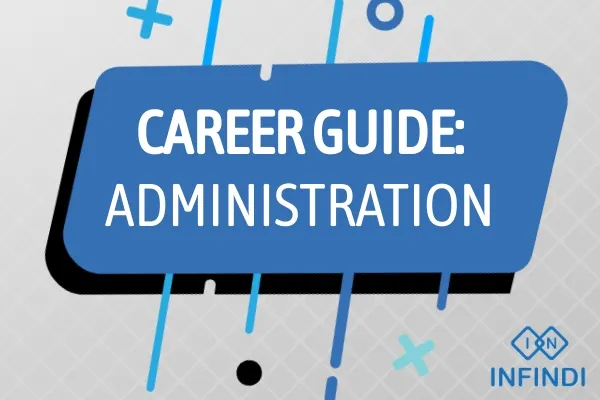For those seeking a versatile and dynamic career, administration jobs present a plethora of opportunities across various industries. Whether you’re an experienced administrator or someone considering entry-level positions, understanding the nuances of administration roles is crucial. This article aims to provide an in-depth guide to administration jobs, addressing duties, salary expectations, job descriptions, skills, qualifications, education and training requirements, experience prerequisites, frequently asked questions, and daily tasks.
1. Duties and Responsibilities
Administration professionals are the backbone of organizations, ensuring smooth operations and efficient workflows. Common duties and responsibilities include:
- Office Management: Overseeing day-to-day operations of the office or department.
- Communication: Managing correspondence, emails, and phone calls.
- Scheduling: Coordinating appointments, meetings, and events.
- Data Entry: Inputting and maintaining accurate records and databases.
- Supporting Teams: Providing administrative support to various teams within the organization.
- Facility Management: Coordinating maintenance, supplies, and equipment.
2. Salary Expectations
The salary for administration jobs varies based on factors such as experience, industry, and location. Entry-level positions may start at around $35,000 annually, while experienced administrators in managerial roles can earn over $60,000. Industries like healthcare, finance, and government tend to offer competitive salaries for administrative professionals.
3. Possible Job Descriptions
Administration roles come in diverse forms, each with specific responsibilities:
- Administrative Assistant: Providing general administrative support, including data entry, scheduling, and document management.
- Office Manager: Overseeing office operations, managing staff, and ensuring efficiency.
- Executive Assistant: Supporting top executives with tasks such as scheduling, travel arrangements, and communication.
- Human Resources Coordinator: Assisting with HR functions, including recruitment, onboarding, and employee records.
- Project Coordinator: Coordinating project tasks, schedules, and communication between team members.
4. Skills and Qualifications
Successful administrators possess a combination of soft and technical skills. Key skills include:
- Organizational Skills: Effective management of tasks, time, and resources.
- Communication: Clear and concise communication both written and verbal.
- Problem-Solving: The ability to identify and solve issues efficiently.
- Attention to Detail: Ensuring accuracy in data entry and record-keeping.
- Tech Proficiency: Familiarity with office software and tools.
5. Education and Training Requirements
While a high school diploma may be sufficient for some entry-level positions, many employers prefer candidates with at least an associate degree. Ongoing training is essential to stay updated on industry-specific software and best practices in administration.
6. Experience Requirements
Entry-level administration positions may not require extensive experience, making them accessible for those entering the workforce. However, moving into supervisory or managerial roles often requires several years of relevant administrative experience.
7. Frequently Asked Questions
Q: Are administration jobs only in corporate settings?
A: No, administration professionals are needed in various sectors, including healthcare, education, government, and nonprofit organizations.
Q: What career advancement opportunities exist in administration?
A: Administrators can advance to roles such as office manager, executive assistant, or take on specialized positions in areas like project management or human resources.
Q: Is remote work common in administration jobs?
A: Yes, many organizations offer remote work options for administrative roles, especially with the rise of digital communication tools.
8. Daily Tasks and To-Do Lists
The daily tasks of an administrator can vary based on the specific role, but a typical to-do list may include:
- Managing and responding to emails and phone calls.
- Coordinating meetings and appointments.
- Handling data entry and maintaining records.
- Assisting with project coordination and logistics.
- Supporting teams with administrative needs.
In conclusion, administration jobs offer a diverse and rewarding career path for individuals with strong organizational and communication skills. Whether you’re starting your journey or aiming for career advancement, understanding the duties, qualifications, and daily tasks associated with administration roles will position you for success. Explore opportunities, enhance your skills, and embark on a fulfilling career in the dynamic field of administration.

